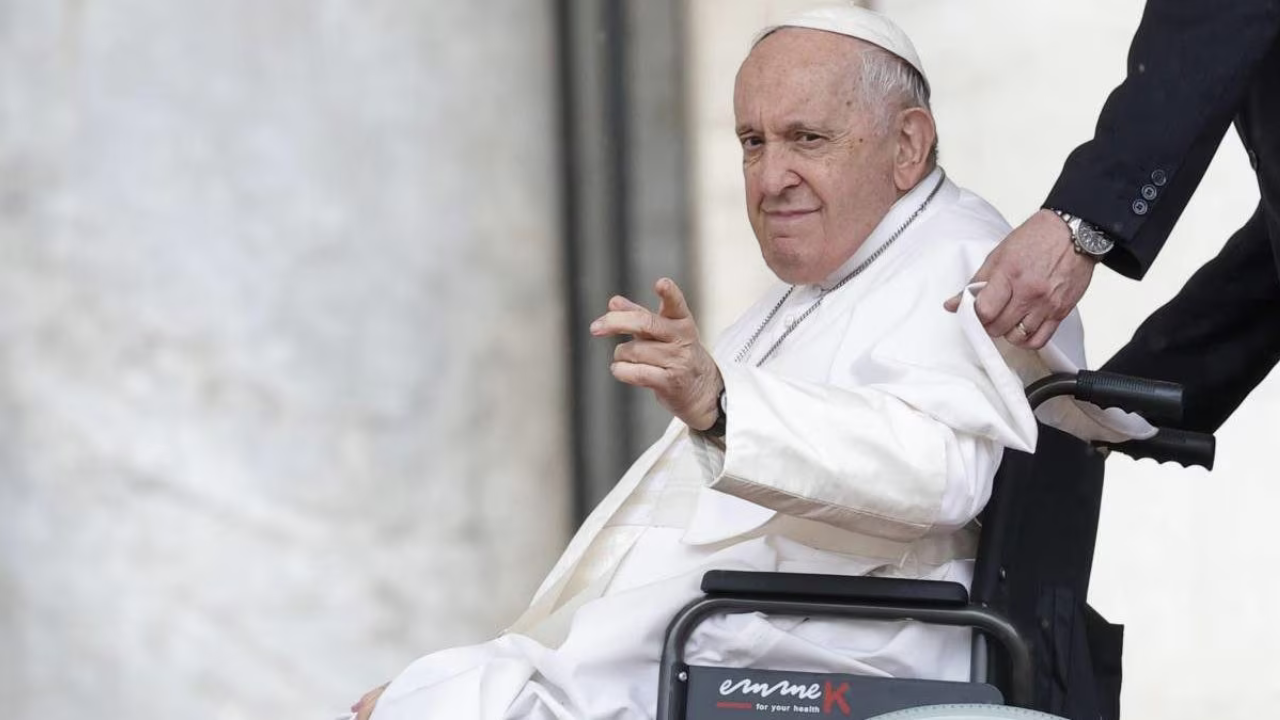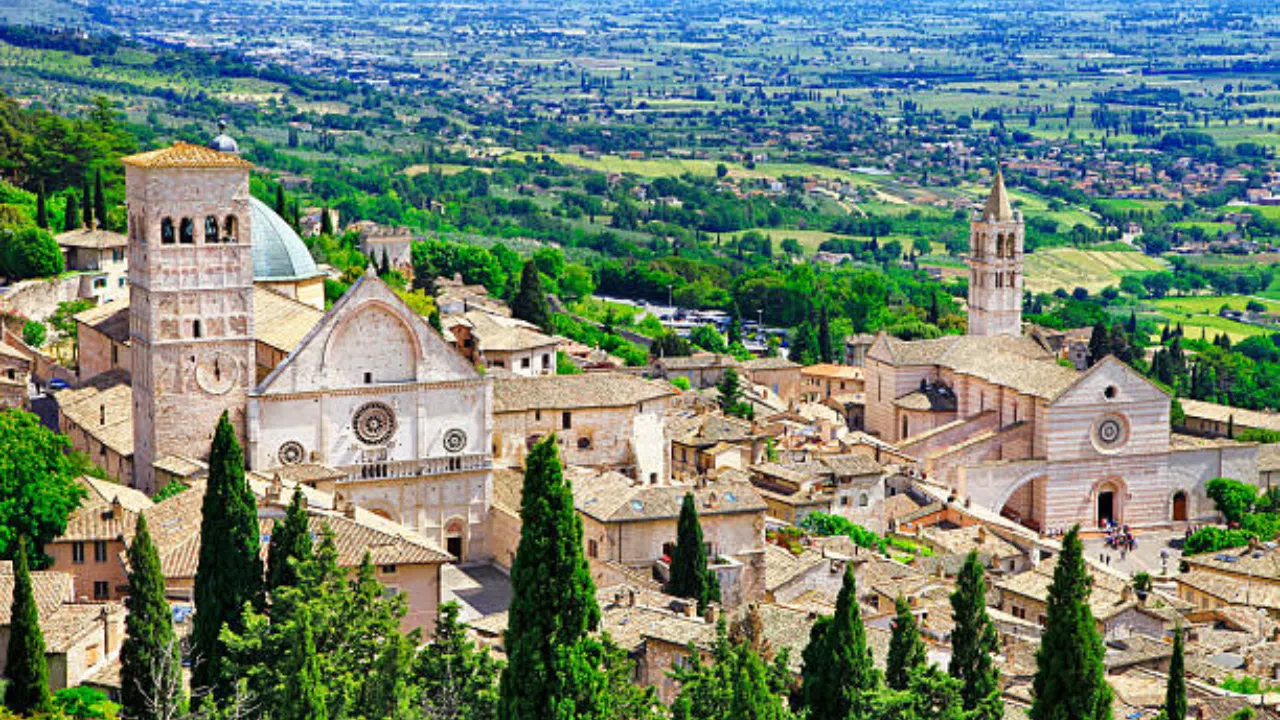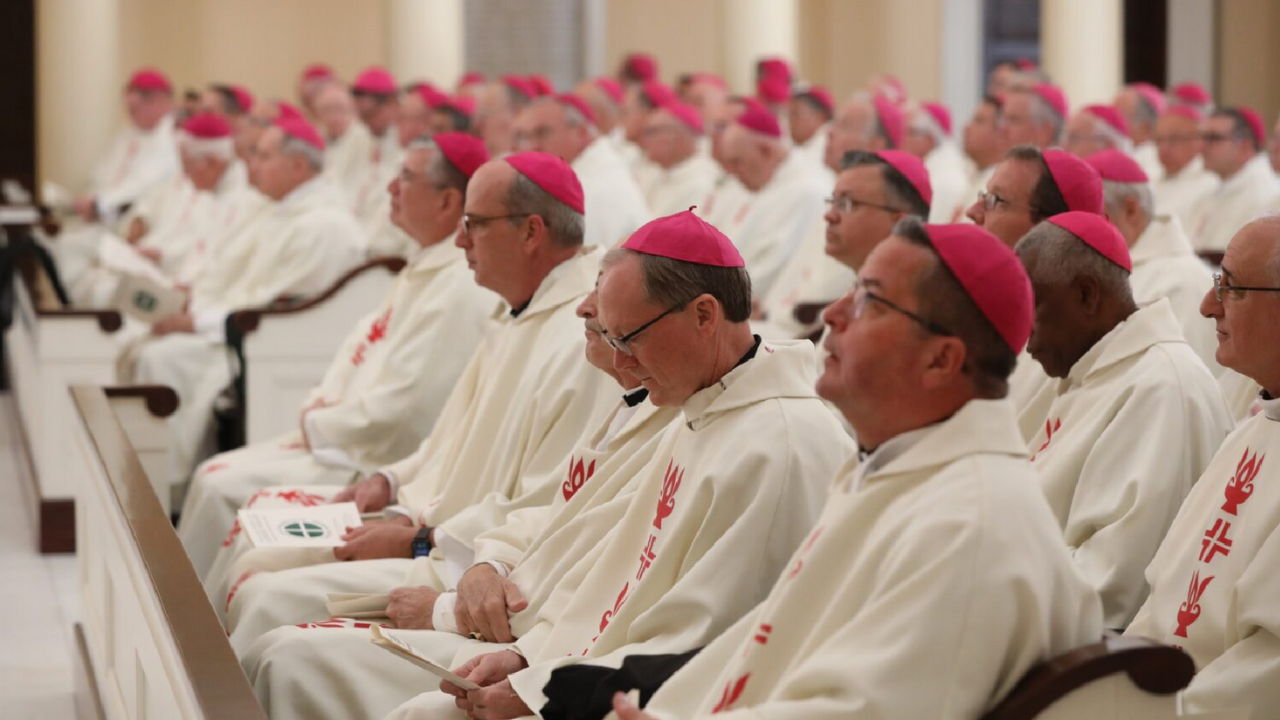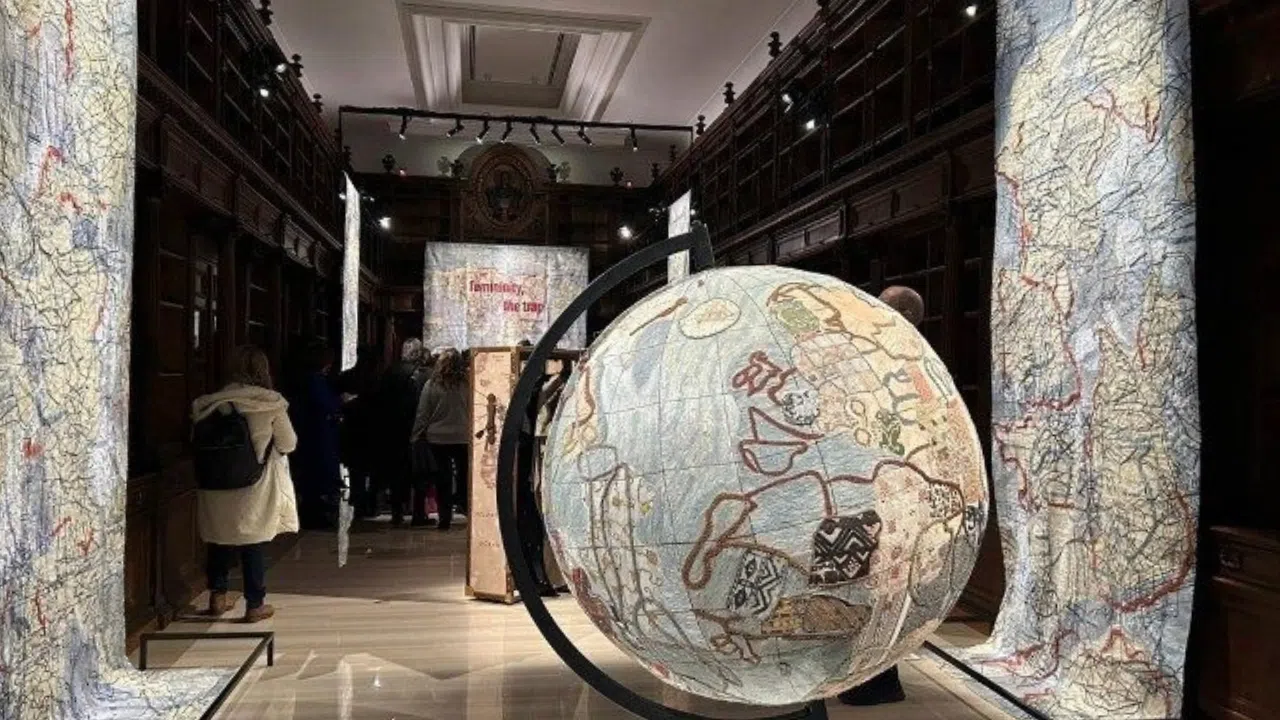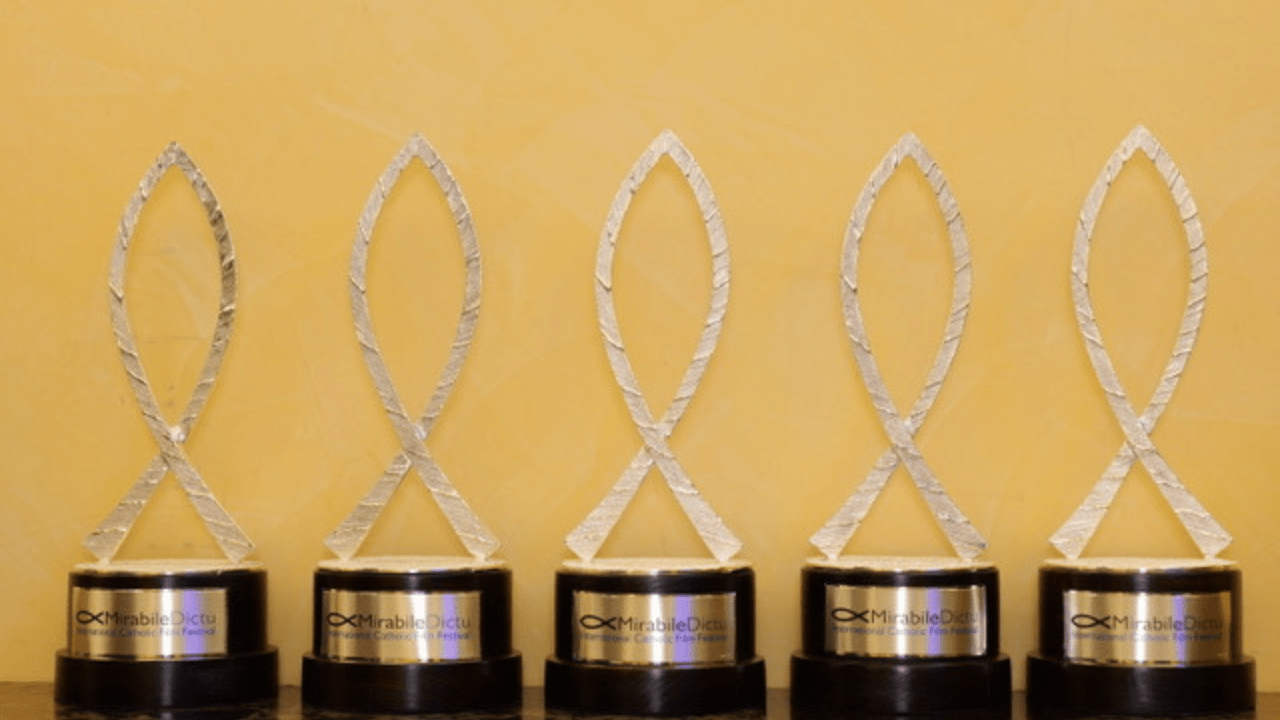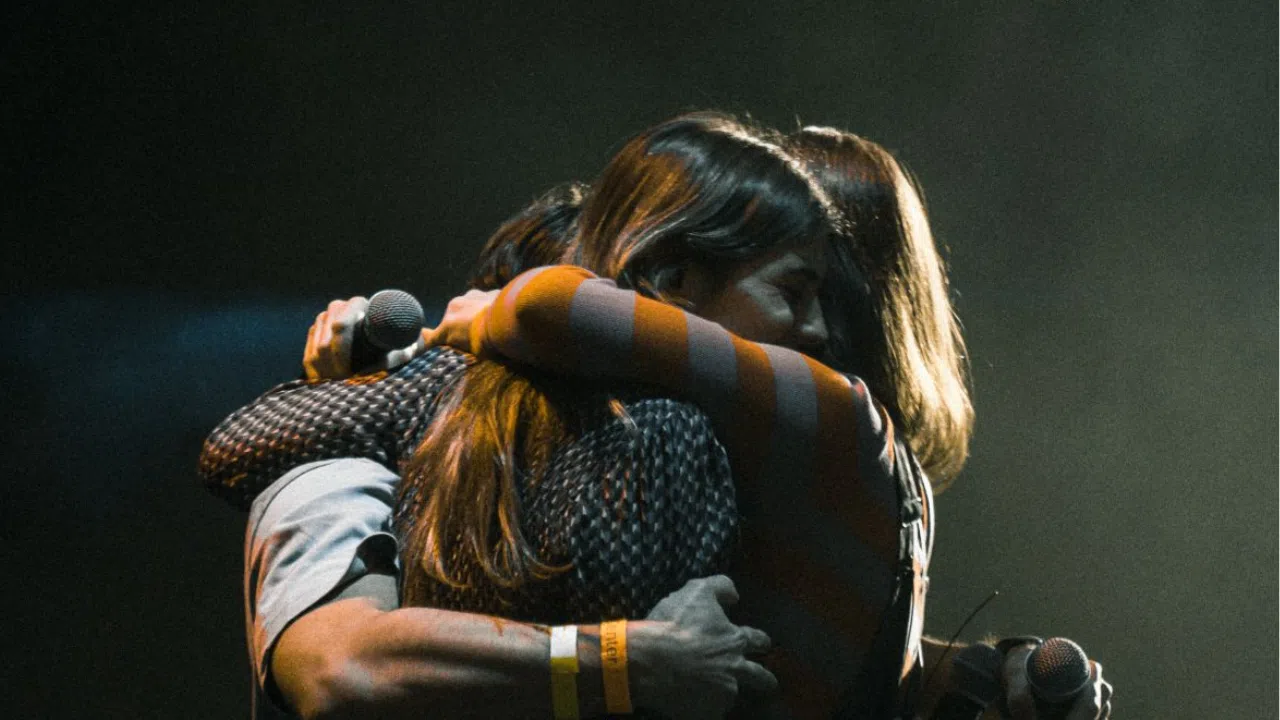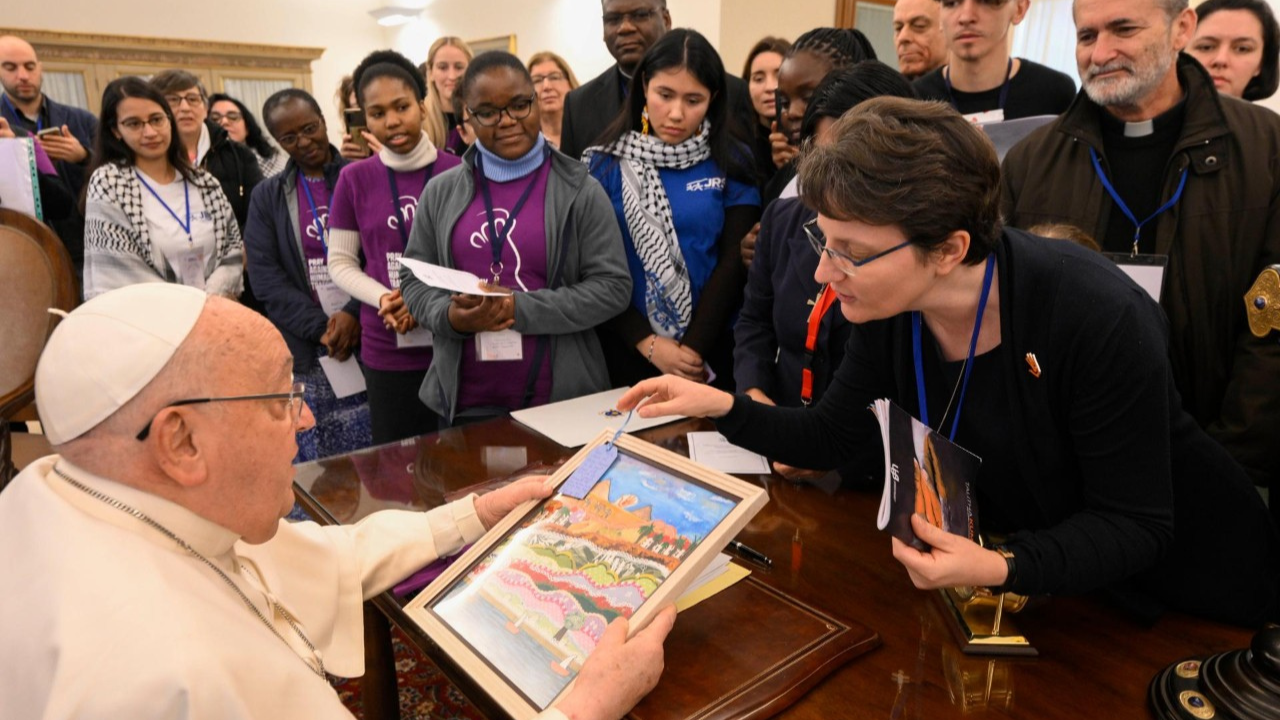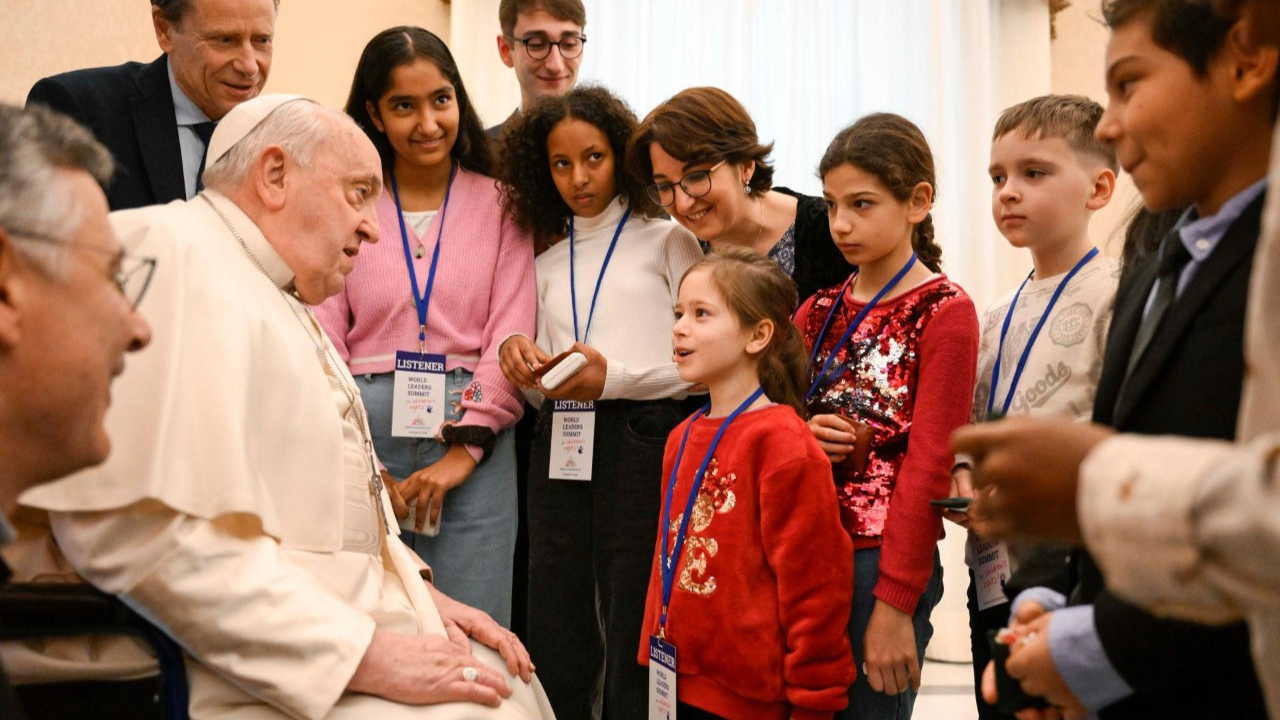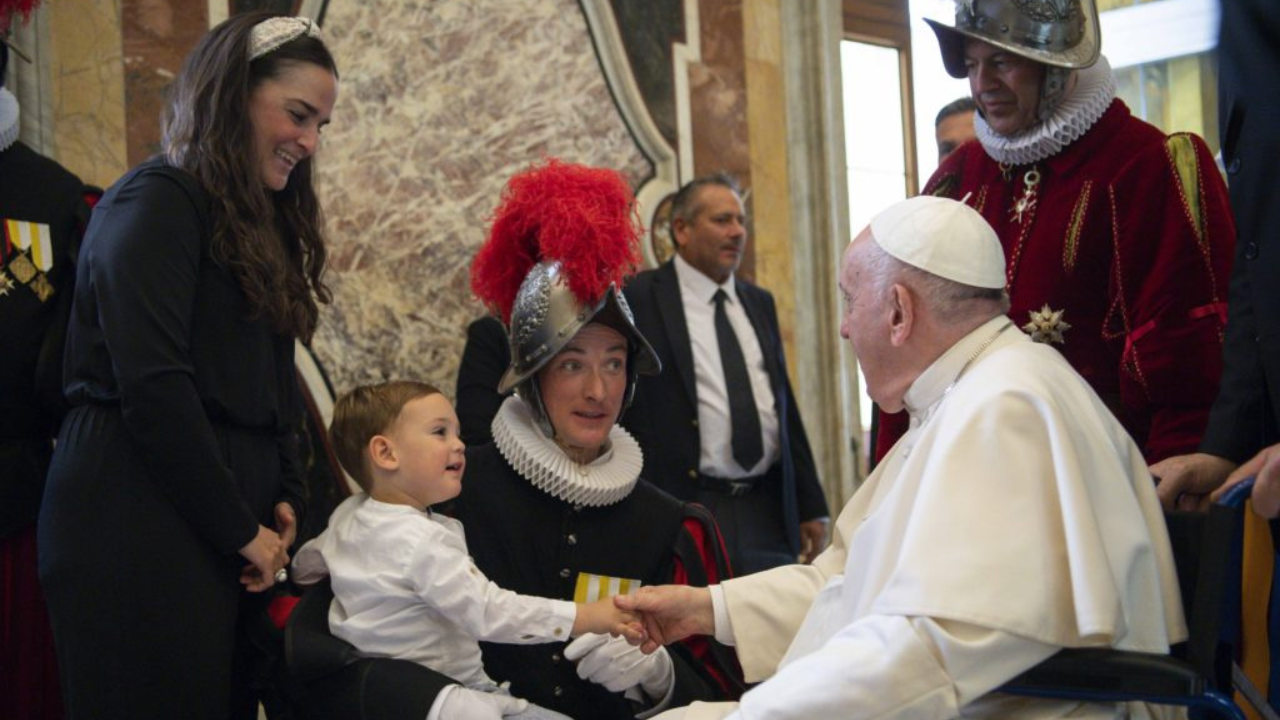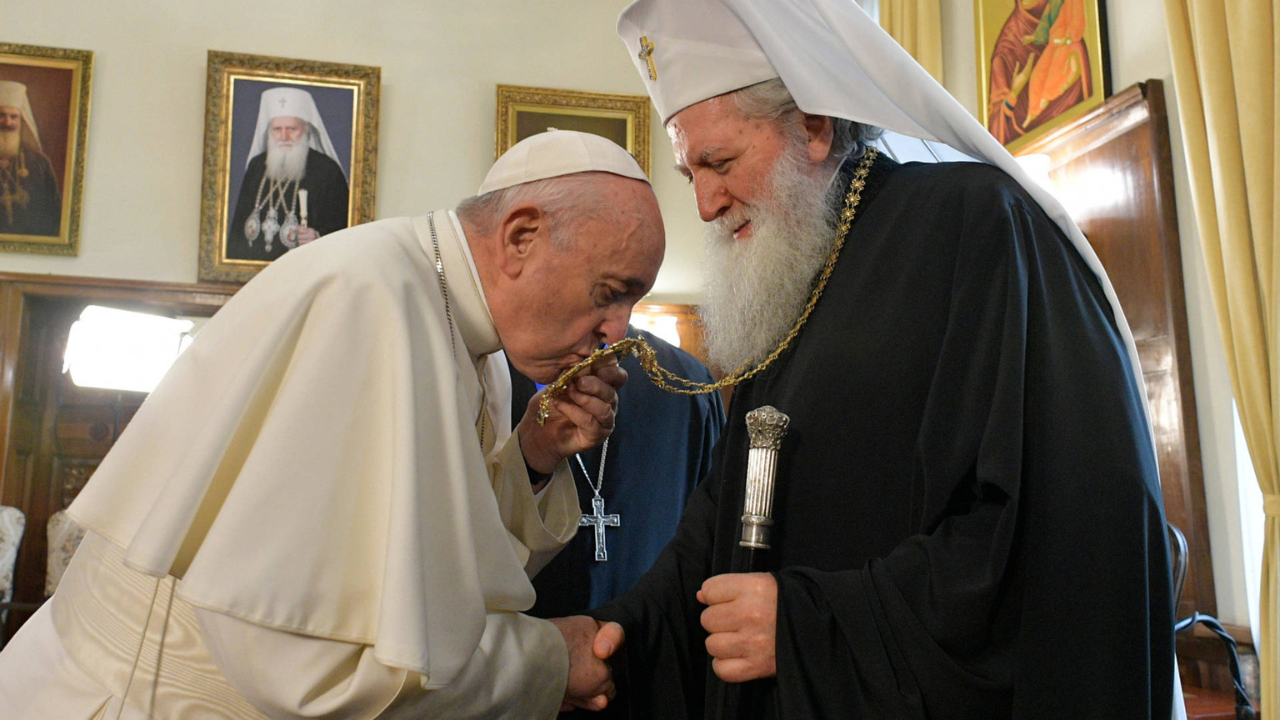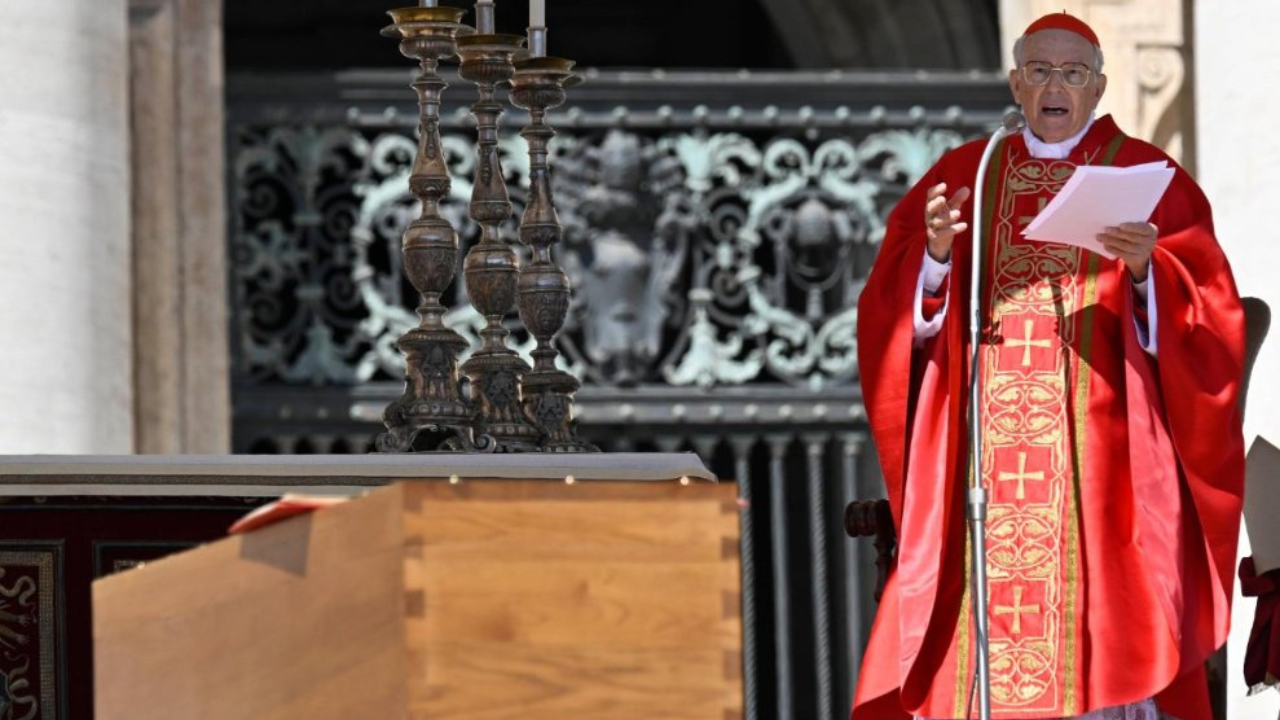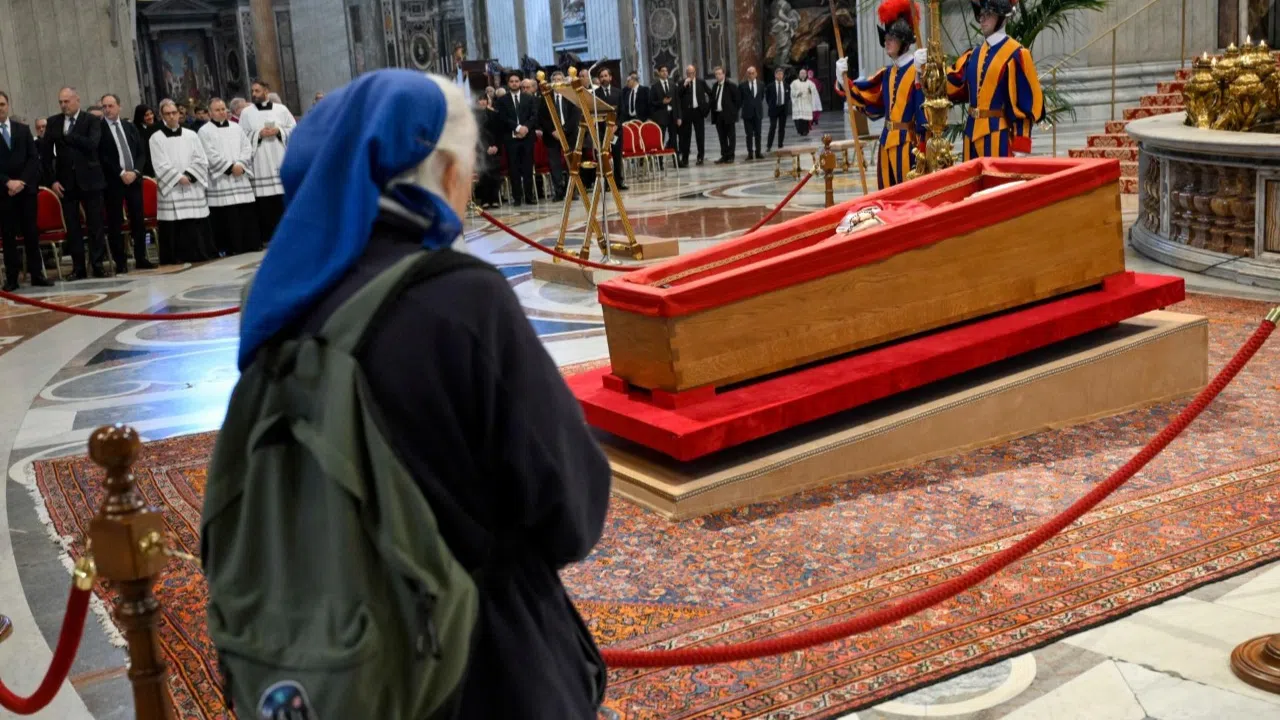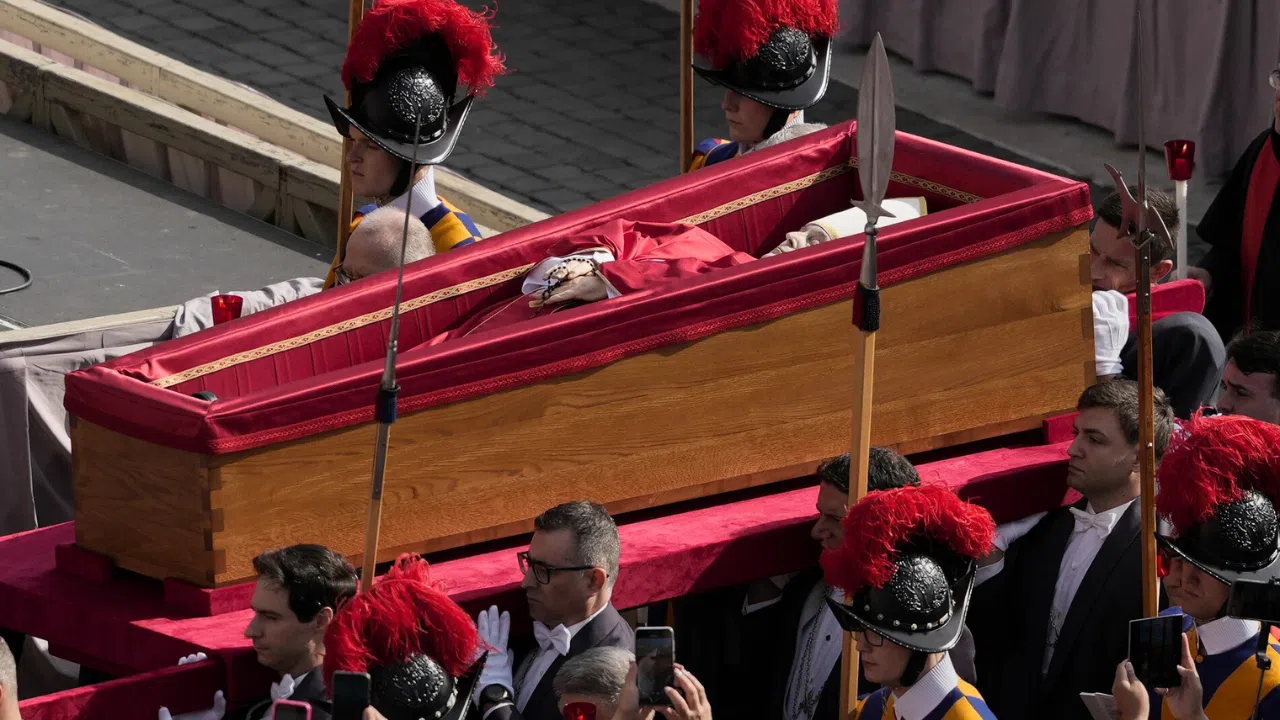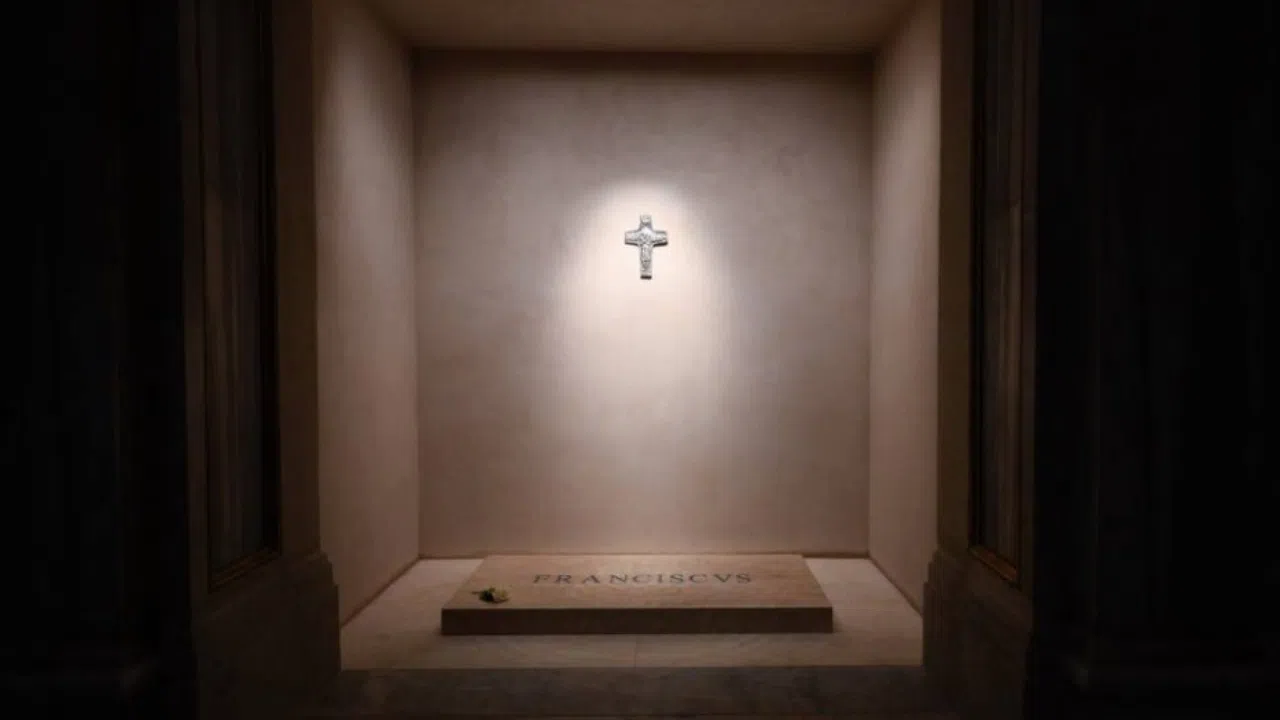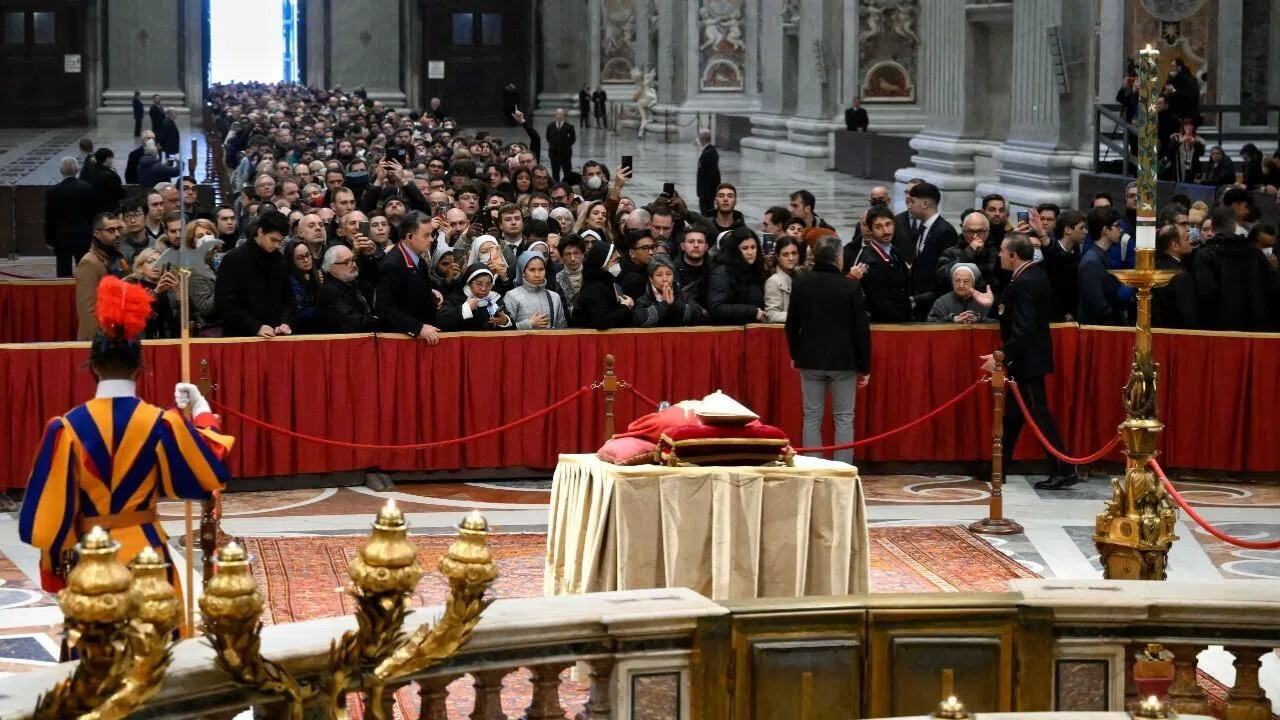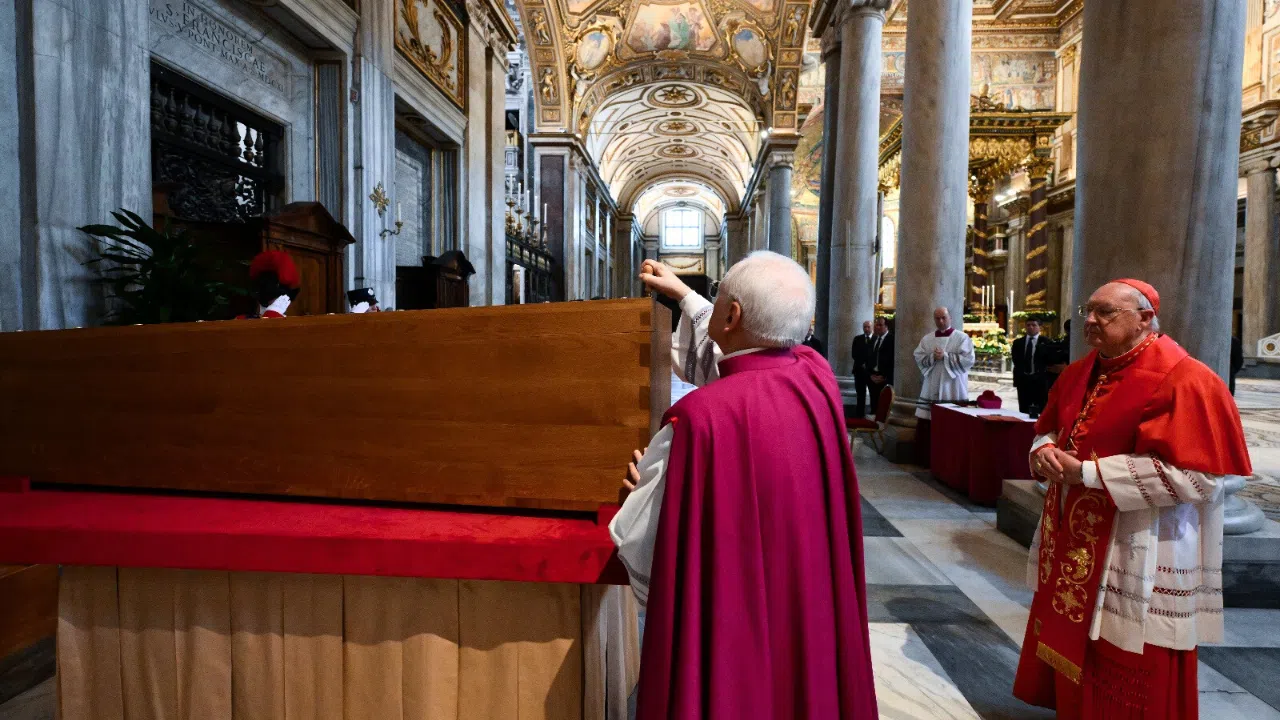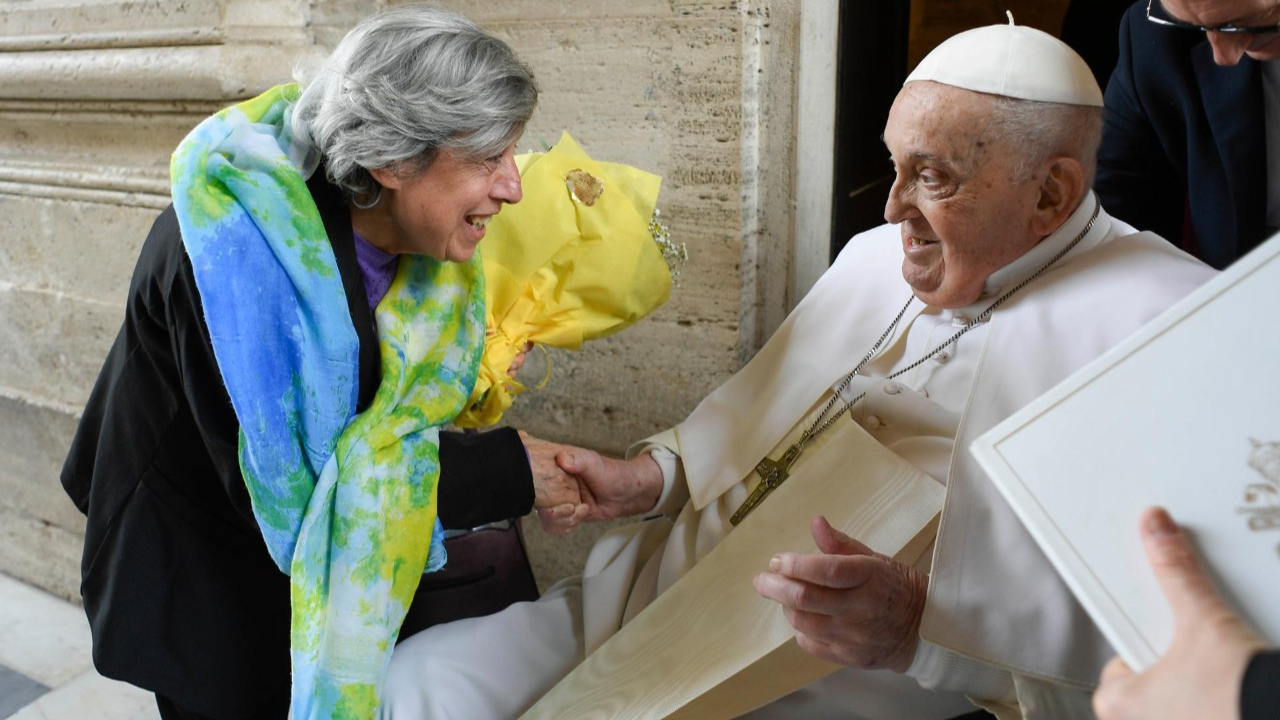Lorenzo volunteered for the Rome chapter of Caritas Internationalis, caring for those sheltering from the cold. He says every year, the same homeless people returned.
LORENZO DI CIACCIO
Ridaje Project
This was the obvious proof that a hot meal and a roof over one's head are not enough to get a person off the street.
That's why he founded Ridaje, the social aid start-up that tries to get homeless people off the streets by employing them in gardening. The work consists of revitalizing abandoned green areas in Rome.
LORENZO DI CIACCIO
Ridaje Project
Work is the tool with which a person regains his or her dignity and returns to life.
After cleaning or cutting they experience the beauty of what they have done and there is gratitude. They see that people who used to judge them, who called them lazy, are now grateful. They are proud.
The fruits of their labor are already reflected in the people they serve. Lorenzo saw this during a project they carried out in the center of Rome, where one of their gardeners was moved by the view of Piazza Venezia from the terrace they were renovating.
LORENZO DI CIACCIO
Ridaje Project
While they were working, I noticed that one of them stopped to look at the scenery, I went over and saw that he was crying. I asked “everything ok?” and he said, “everything is ok. See that bench in the park?” and he points to a bench right in the middle of Piazza Venezia, he said it was the first place he spent the night after losing everything.
Although this employment takes them off the street, it is intended to be a transitional job. To be eligible, a number of conditions must be met. For example, if there is an addiction, it must be treated beforehand.
LUCA MONGELLI
Ridaje Project
Ridaje is not a point of arrival, it is a point of departure—of re-departure.
To do this, we know that we have to get them off the street, but they have to want to get out of their situation. That is why we have the onboarding phase, where we try to understand what they really want.
The start-up's name comes from the word the Romans used to encourage each other: “Daje,” which is similar to “Let's go.” Lorenzo says he added the “Ri,” which means “twice,” because when working with people in difficult situations, “sometimes you need more than one word of encouragement.”
PA
TR: AT
